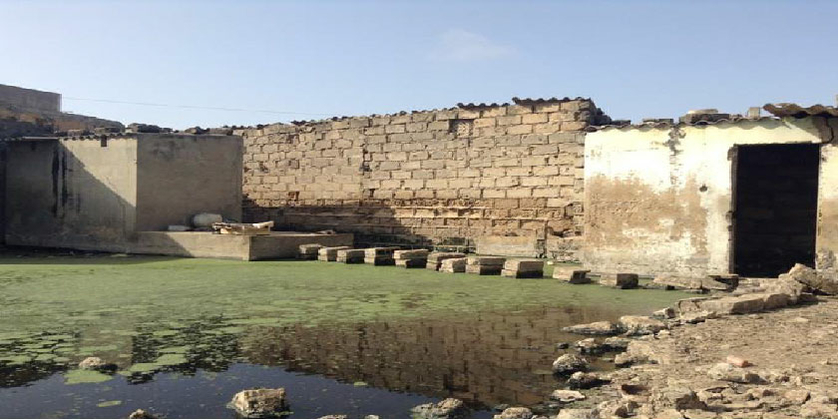Department Environmental Social Sciences
Sanitation and Hygiene Situation in periurban regions in Sénégal

Project description
This study aims at developing and testing evidence-based behavior change strategies to alter purchasing and use of sanitation facilities as well as handwashing practices in a representative sample of the population of Pikine and Guédiawaye, two main suburbs of Dakar. The most vulnerable populations in flooded and flood-prone areas of Pikine and Guédiawaye will obtain appropriate and improved flood resistant sanitation at the household level. The absent flood resistant sanitation services pose a serious health risk on this vulnerable population and especially children are prone to morbidity and mortality due to infectious diarrheal disease. Additionally, hand washing will be promoted to back up and boost the health effects of the introduced sanitation systems. To attain these goals, behavior change has to be induced for purchasing and use of sanitation facilities as well as for handwashing practices at key times.
Behavior-change techniques: hand washing movie, different kinds of pledging sessions
Psychological topics: RANAS model
Applied topics: Health behavior, water, sanitation and hygiene in flood-prone areas
Country: Sénégal
